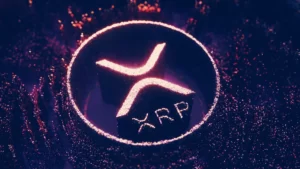The long-awaited Mt. Gox repayments have begun, and traders are eyeing a potential opportunity in the contrasting supply-demand dynamics of Bitcoin (BTC) and Bitcoin Cash (BCH). Singapore-based firm Presto Labs is suggesting a market-neutral strategy that capitalizes on Bitcoin’s strength while betting against Bitcoin Cash.
Mt. Gox, once a dominant cryptocurrency exchange, is distributing billions of dollars worth of BTC and BCH to creditors affected by a 2014 hack. This large influx of assets could significantly impact the supply and demand of both cryptocurrencies.
The core of Presto’s strategy lies in this anticipated imbalance. The firm estimates that the selling pressure on BCH will be significantly higher than on BTC – potentially four times greater. This is based on the assumption that many BCH holders were early investors who may be less inclined to hold onto their windfall. Conversely, Presto believes “diamond-handed” Bitcoin holders are more likely to retain their recovered assets.
This scenario presents a potential pair trading opportunity. Pair trading involves buying and selling two correlated assets simultaneously to profit from the price difference between them. In this case, traders would go long on Bitcoin perpetual contracts (essentially betting on its price to rise) while shorting Bitcoin Cash perpetual contracts (betting on its price to fall).
Also Read: Germany Gets Cold Feet: $141 Million In Bitcoin Returned After Attempted Sale
However, it’s important to note that this strategy is not without risks. Perpetual contracts are leveraged instruments, meaning profits and losses can be amplified. Additionally, funding rates associated with these contracts can impact returns.
While the success of this strategy hinges on market assumptions, the Mt. Gox repayments undoubtedly present a unique situation with the potential to influence the prices of both Bitcoin and Bitcoin Cash in the coming months.
Disclaimer: The information in this article is for general purposes only and does not constitute financial advice. The author’s views are personal and may not reflect the views of Chain Affairs. Before making any investment decisions, you should always conduct your own research. Chain Affairs is not responsible for any financial losses.



